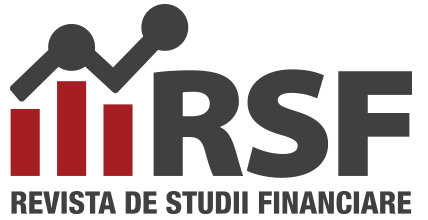Author: Nicolai Russu
Vol. 10 • Special Issue • 2025
Abstract
The audit of financial liabilities is an essential process for verifying the transparency and reliability of financial statements, with the objective of rigorously analysing how financial statements are recognized, measured and presented within entities. However, factors such as the existence of conflicts of interest, lack of professional due diligence, economic pressures and ineffective internal controls can lead to ethical dilemmas that influence audit quality. This research investigates the ethical challenges specific to the audit of financial liabilities based on the provisions of International Standards on Auditing and National Accounting Standards. The study combines a theoretical and applied perspective, based on a critical literature review and examination of relevant case studies from financial audit practice and interviews with professional auditors, designed to provide a thorough understanding of the difficulties encountered in applying audit procedures. The findings of this study highlight the complex interplay between risk factors and the effectiveness of audit procedures applied at each stage of the audit. The results highlight that a systematic and adaptive implementation of these procedures can mitigate ethical risks and strengthen the reliability of financial statements. On this basis, the research develops a theoretical conceptual model that incorporates the ethical dimension into the audit framework, contributing to strengthening the professional independence of auditors and enhancing the confidence of users of financial information.
Keywords: audit of financial liabilities, audit procedure, audit quality, decision-making process, ethical dilemma, International Standards on Auditing, risk factors.
JEL Classification: M42.
DOI: 10.55654/JFS.2025.10.SP.25
